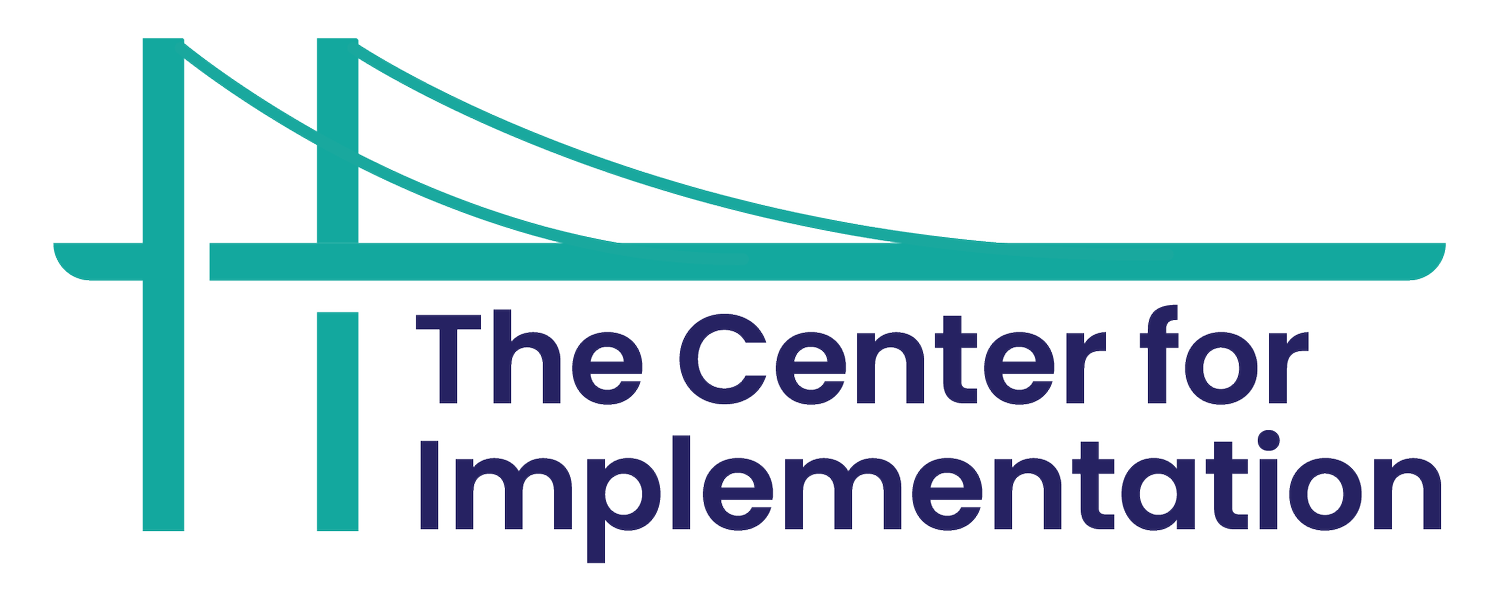Building a Cadre of Implementation and Knowledge Translation Practitioners in Healthcare: The Knowledge Translation Challenge
By Agnes Black, Director of Research and Knowledge Translation, Providence Health Care, Amanda Chisholm, Manager Internal Awards, Vancouver Coastal Health Research Institute, and Marla Steinberg, Credentialed Evaluator and KT Consultant
Knowledge Translation (KT) initiatives and training programs have proliferated in recent years, as the health system moves towards more evidence-based practice to reduce the gap between the creation of evidence and its implementation into practice. Since reports show that up to 70% of all organizational improvement efforts fail, and programs to support implementation of evidence-based practice are needed, our team developed a program called the “Knowledge Translation Challenge.” The KT Challenge was implemented at two health care organizations in British Columbia starting in 2016 and continues to support new cohorts annually. The program is open to all health care professionals (HCPs) with an interest in leading evidence-based practice implementation projects, and has attracted nurses, physicians, social workers, dietitians, psychologists, physiotherapists, occupational therapists and others.
Components of the Knowledge Translation Challenge
The KT Challenge was designed using evidence, models, theories, and frameworks from the capacity building, adult learning, and implementation science literatures. The first year involves developing the project, including two KT-planning workshops, a community of practice and a link to curated resources. During the next two years, the teams conduct their projects with funding ($5K per project), mentorship and management support. The workshops are delivered using adult learning principles and centre on a 3-step implementation planning process that is grounded in stakeholder engagement. HCPs are taught about engaging with stakeholders including patients, identifying barriers and facilitators, matching implementation strategies to barriers and facilitators and other contextual features, and evaluating the implementation strategies and the practice change. HCPs are also exposed to several implementation models including the Consolidated Framework for Implementation Research (https://www.nccmt.ca/knowledge-repositories/search/210 ) the Behavior Change Wheel, (http://www.behaviourchangewheel.com/), and the Hexagon tool (https://nirn.fpg.unc.edu/resources/hexagon-exploration-tool)
An essential element of knowledge translation training: evaluation
To date, we have engaged 148 HCPs across 22 teams over three cohorts (6-9 teams annually) to participate in the KT Challenge. Our preliminary evaluation results show that our workshops have increased participant knowledge and confidence in implementing evidence-based practice changes within various health care settings. In the first cohort, three of the eight teams funded were able to improve practice in their respective areas:
In a cardiac inpatient ward, depression screening increased to 75%, and follow-up discussions with primary care providers increased to 36%;
In-hospital malnutrition screening in one hospital increased by 50%; and
In a rehabilitation setting, awareness and use of the Canadian Stroke Best Practice Recommendations increased.
The complexity of healthcare settings and mobility of team members have presented challenges, and not all teams have been able to complete their projects or measure meaningful practice change. Interest in the program remains strong, however -- even during the pandemic -- and we are confident that this program is making a difference in increasing implementation know-how in point of care practitioners and getting research evidence into clinical practice to benefit patients and families.
This article was featured in our monthly Implementation in Action bulletin! Want to receive our next issue? Subscribe here.


